When the football-themed play Dear England returns to theatres in 2025, it might be with a brand new ending.
Writer James Graham has hinted that he could change the end of the play should England win the 2024 Euros in July. Dear England focuses on the England men‚Äôs football manager Gareth Southgate, and explores the pressures of elite sport, England‚Äôs penalty records and ideas of masculinity. It has already won Best New Play at the 2024 Olivier Awards and is being adapted for TV by the 91»»±¨.
While unusual, this would not be the first time in history that a play has had its ending changed. Join 91»»±¨ Bitesize as we explore three other plays and stage adaptations that made significant alterations to their endings.
Beware, there will be spoilers ahead!

King Lear - A tragedy no longer
For over 150 years, Shakespeare’s tragedy King Lear was performed with a less than tragic ending. 17th Century writer and poet Nahum Tate appears to have found the original play far too sad (not a surprise given that nearly all the characters are dead by the end) and so wrote his own version, entitled The History of King Lear. It’s shorter and more people survive, including Lear and his estranged daughter, Cordelia.
Tate also added a spot of romance between Cordelia and Edgar, two characters who have minimal interaction in the original. In this version there are hints of a relationship from the start, and the two eventually marry. With both Cordelia and Lear surviving the conflict, the latter decides to give up his throne to make his daughter queen.
As well as looking to give audiences a more uplifting ending, it’s thought that Tate may have been influenced by the political and social climate that he was writing in. His version first appears in 1681, when King Charles II was on the throne. His father, King Charles I, was executed after being found guilty of treason following the English Civil Wars. Oliver Cromwell became the country’s leader and was in turn succeeded by his son, Richard Cromwell, who proved unpopular. In 1660, Parliament invited King Charles II to return to London and retake his father’s throne. Parallels can be drawn between the real-life restoration of the monarchy, and Tate’s decision to have King Lear restored to the throne in his version of the play.
The changes seem to have been appreciated by audiences. In fact, when the actor Edmund Kean performed King Lear with Shakespeare’s ending in 1823, a negative crowd response meant it lasted just three performances. The complete original text would not be reintroduced until 1845.

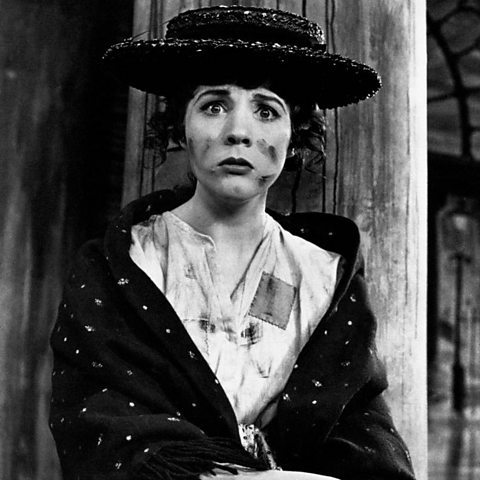
Pygmalion - A myth retold
Shakespeare wasn’t around to see the changes Tate made to his work, but George Bernard Shaw saw the ending of his play Pygmalion being reshaped before his very eyes.
Pygmalion tells the story of a young flower-seller, Eliza Doolittle, and an upper-class linguist, Professor Henry Higgins. Higgins makes a bet with his friend that he can successfully teach a working-class woman to act and speak like a member of the upper class, choosing Eliza as his subject.
If the plot sounds familiar, you might be thinking of the musical My Fair Lady or the film Pretty Woman, both of which took inspiration from Pygmalion. Shaw himself was inspired by a myth captured by the Roman poet Ovid. In it, a sculptor called Pygmalion carves a statue of his idea of the perfect woman, named Galatea. He subsequently falls in love with the statue, who the goddess Venus brings to life for him.
When writing Pygmalion, Shaw followed the mythological story of a man moulding and transforming a woman into his ideal, but then abruptly changed course at the end. Wanting to emphasise that Eliza now has the means to be independent, Shaw avoids having her fall in love with Higgins. Instead, she leaves him behind.
Unfortunately for Shaw, the actor playing Higgins on stage in 1914 didn’t quite agree with this interpretation. Herbert Beerbohm Tree purposefully added romantic inflections to his lines, and threw flowers in Eliza’s direction. Tree told Shaw: "My ending makes money: you ought to be grateful." The often controversial Shaw responded in less than desirable terms: "Your ending is damnable: you ought to be shot.”
Shaw made it clear that there should not be "any suggestion that the middle-aged bully and the girl of eighteen are lovers”. He also harkened back to the original inspiration, writing: “When Eliza emancipates herself – when Galatea comes to life – she must not relapse. She must retain her pride and triumph to the end.”
Shaw tried to correct the change by writing a ‘sequel’ in which Eliza marries another character, Freddy Eynsford-Hill. However, his efforts were in vain and when a film version was made in 1938, Pygmalion ended with Eliza returning to Higgins, rather than the image he had envisioned of Eliza and Freddy together in their own shop.
Shaw might have been heartened to know that recent major UK and US productions of My Fair Lady have ended with Eliza striding off stage towards her future, minus Higgins.

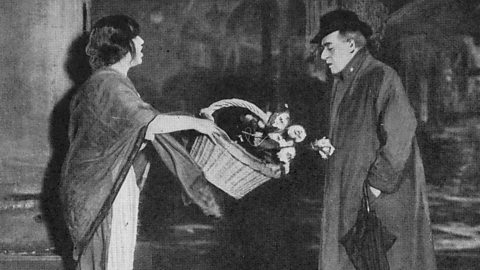
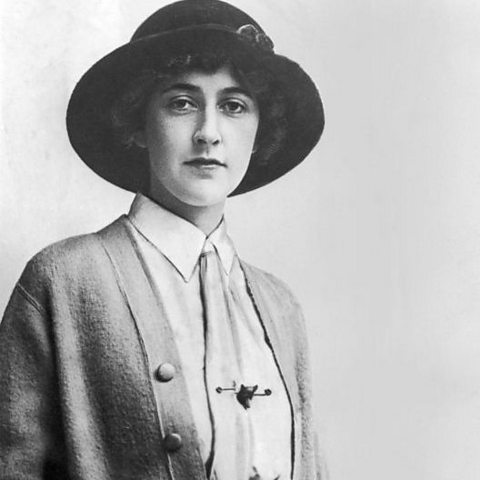
And Then There Were None - Agatha adds some joy
Agatha Christie’s murder mystery novel And Then There Were None, is considered to be the best-selling crime novel of all time, having sold over 100 million copies.
Set in 1939, it tells the story of ten strangers who are each invited to the isolate Soldier Island, only to each be accused of murder by their mysterious hosts. They then find themselves being murdered, one by one, until all are dead by the end.
However, when it came to adapting the novel for the stage, Christie had two concerns. Firstly, she had disliked previous adaptations of her stories by other playwrights because she felt they stuck too close to the original work. It was her belief that murder mysteries are often too complex for a stage setting, given the number of characters and intricate plots, and so the stories needed to be simplified.
Secondly, because everyone dies at the end, the book required an epilogue in order to explain exactly what had happened on the island and who the culprit was. Representing that on stage would be a challenge and so Christie decided that two of the characters should in fact be innocent, reunite at the end and survive the whole ordeal.
To this day, many adaptations of Christie’s novel use her alternative, happier ending. She clearly enjoyed the process, stating in her autobiography that “It was then I decided that in future no one was going to adapt my books except myself: I would choose what books should be adapted, and only those books that were suitable for adapting.”
This article was published in June 2024

Quiz: Can you guess the Shakespeare play from the badly described plot?
Test your knowledge of William Shakespeare's plays by working out these one line plot summaries.
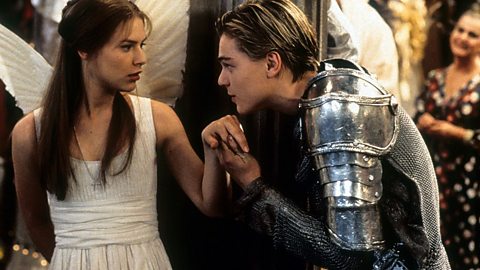
Three times the show couldn’t go on
From Lincoln's assassination, to riots in London, theatre history is full of drama.
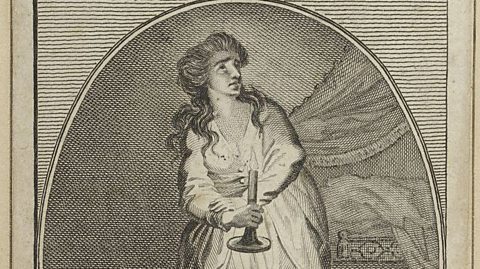
Quiz: What happens next in these literary plots?
Put your knowledge of well known literary classics to the test in this tricky plot quiz.
